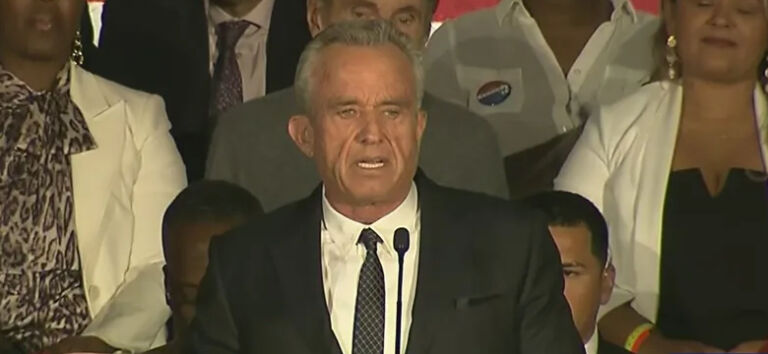In other election news: A referendum in Texas ended with a ban on hydraulic fracturing within Denton, TX city limits. It appears that permanent residents were opposed to the ban by 54% but college students voted in favor and tipped the scale. The question isn’t over as both sides intend to battle it out in court.
This from our friends at the Texas Public Policy Foundation:
November 7, 2014 11:57 AM
In Texas Energy Report: College students key in Denton fracking ban victory, says analysis
Permanent residents voted 54 percent against ban, opponents say
College students from the University of North Texas and Texas Women’s University proved the deciding factor in passage of Denton’s historic ban against hydraulic fracturing within city limits, according to post-election analysis of voting patterns by opponents of the ban.
By contrast, “permanent” residents of the city voted 54 percent against the fracking ban, according to Bobby Jones, co-chair of Denton Taxpayers for a Strong Economy, which opposed the ban.
Fracking is a method that makes it possible for producers to extract oil and gas from shale formations by blasting gallons of water, mixed with sand and chemicals, deep underground to break up shale. The production method has moved oil and gas drilling into urban areas such as Fort Worth and Denton.
The Texas Oil & Gas Association immediately took legal action to block the ban. Proponents of the ban, which have received support from the environmental group called Earthworks, indicated they’re legally ready for battle in court and are confident the ban, the first in the oil-and-gas rich Texas, will hold up.
Meanwhile, here in North Carolina the Energy and Mining Commission is reviewing and refining hydraulic fracturing rules and regulations in preparation for permit issuance in early spring 2015. In spite of alarmism perpetuated by the left, most concerns are unfounded and it’s safe for there is no danger to the water supply. Whether local governments can ban fracking however is not on the table. That was prohibited in the Energy Modernization Act that passed in the 2014 session of the General Assembly. See Section 14 of the bill for details.


